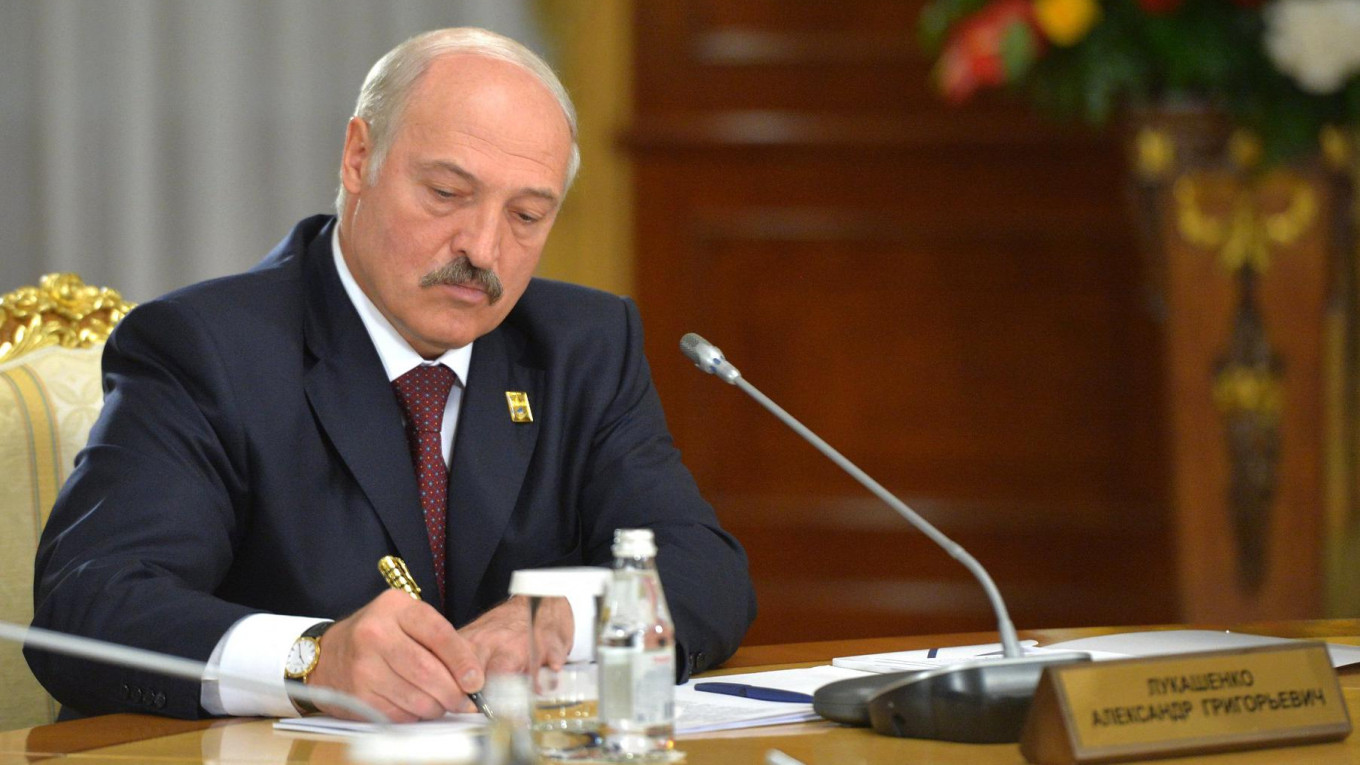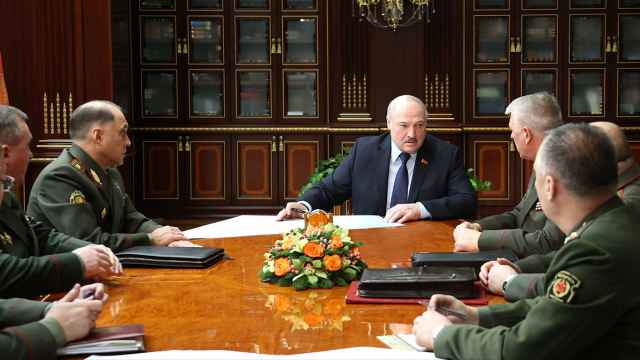Belarus has signed the Eurasian Economic Union’s (EEU) controversial Customs Code after months of legal wrangling.
The document was just one of a number of agreements signed by Belarusian President Alexander Lukashenko on Thursday, the Belta news agency reported.
As well as setting out trade tariffs between EEU member countries, the documents also outline trade deals with countries such as Iran, India, Singapore, Egypt.
Lukashenko saw relations between Moscow and Minsk sour when he refused to sign the document at the end of 2016. He complained that some parts of the code simply "did not work" and withdrew the country's specialists from working on the project.
A breakthrough was finally announced on April 3, when Russian President Vladimir Putin met with Lukashenko in St. Petersburg.
The talks were followed by the announcement that Moscow would refinance Belarusian debt worth $750-800 million and give the country $1 billion in credit.
The EEU Customs Code replaces the Customs Code of the Customs Union, which Belarus adopted in 2009. The new agreement is expected to come into force on July 1, 2017.
A Message from The Moscow Times:
Dear readers,
We are facing unprecedented challenges. Russia's Prosecutor General's Office has designated The Moscow Times as an "undesirable" organization, criminalizing our work and putting our staff at risk of prosecution. This follows our earlier unjust labeling as a "foreign agent."
These actions are direct attempts to silence independent journalism in Russia. The authorities claim our work "discredits the decisions of the Russian leadership." We see things differently: we strive to provide accurate, unbiased reporting on Russia.
We, the journalists of The Moscow Times, refuse to be silenced. But to continue our work, we need your help.
Your support, no matter how small, makes a world of difference. If you can, please support us monthly starting from just $2. It's quick to set up, and every contribution makes a significant impact.
By supporting The Moscow Times, you're defending open, independent journalism in the face of repression. Thank you for standing with us.
Remind me later.






